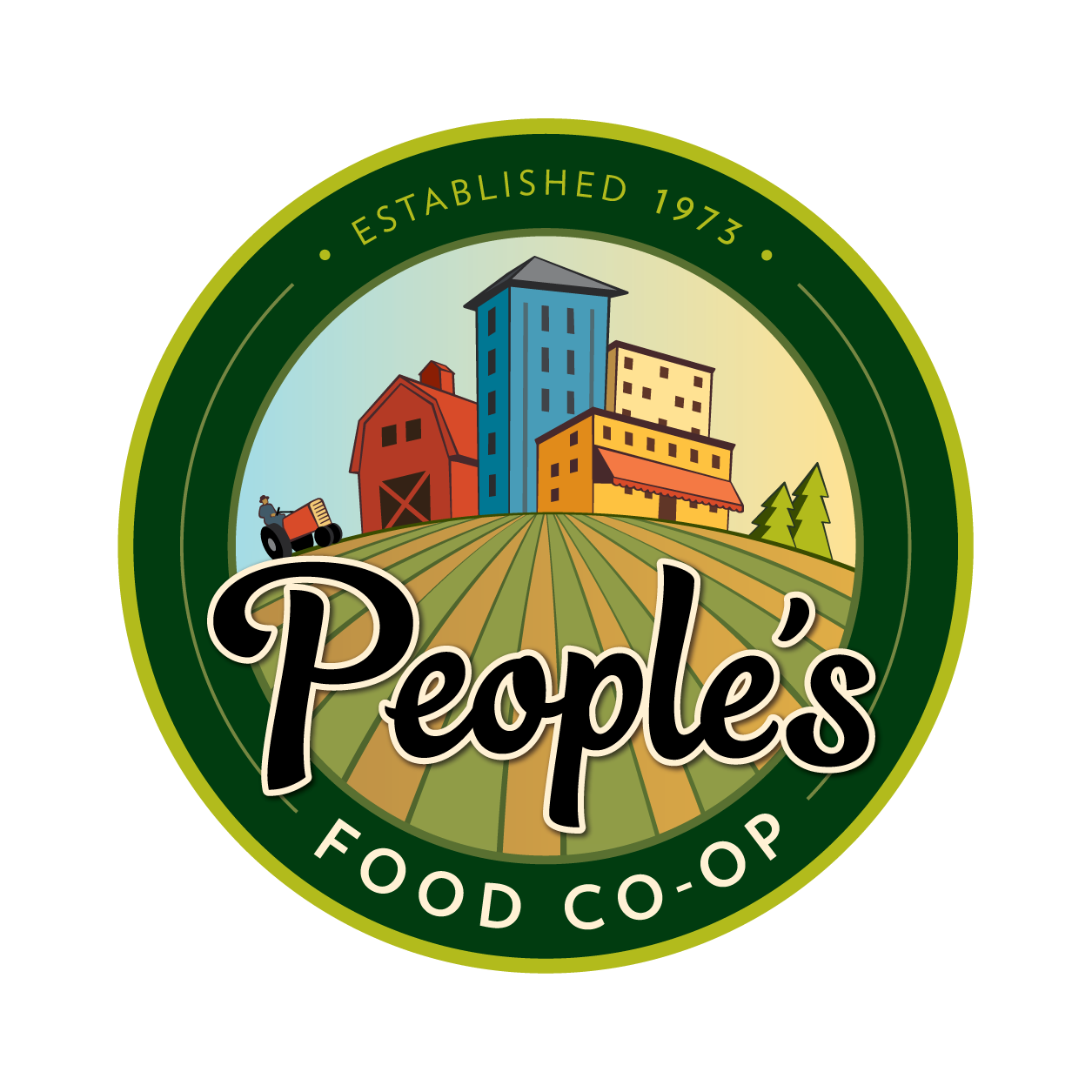La Riojana Wines
Harvest at La Riojana.
This Argentine winery is not exactly a local producer, but they are a producers’ co-op of organic growers who have supplied People’s Food Co-op with great wines since 2016
Founded in 1940, La Riojana has about 500 small grape growers supplying grapes. All growers are voting members of La Riojana. Many of these farms are only an acre or two in production. Most businesses would have streamlined operations by shedding small producers and only working with large producers. As part of La Riojana’s Fair Trade certification, the winery joined the Organization of Small Producers (OPP, Organización de Pequeños Productores) in 2013, which requires that at least half of La Riojana’s members must be small-scale producers and at least half of the wine volume sold needs to come from these small producers.
Organic wines
Although all grapes are grown using organic practices, the wines have not been organically certified. With so many small growers, La Riojana has had a long road to travel to get all the farms certified. In 2018 about 80% of the growers were organic; La Riojana plans to have all farms certified organic by 2025. This certification process has been supported by Fair Trade funding.
The winery is in Argentina’s Famatima Valley, a region of dry, sunny weather and cool nights, ideal for grape production. Organic certified producers are banned from using artificial fertilizers, pesticides, or fungicides on their crops. Instead, the growers focus on developing a healthy soil and a balanced ecosystem within the vineyard. It’s a lot of intensive labor, since grapes in many organic vineyards are handpicked, minimizing stress and damage to the vine, soil, and fruit.
Rather than using chemical fertilizers, La Riojana growers graze sheep in the vineyards to fertilize the soil. This encourages the growth of beneficial organisms, such as bacteria, worms, and fungi. Healthy soils mean healthy vines, which are less prone to disease and therefore are less reliant on chemicals. Not only do the sheep produce organic manure, they also eat weeds and pests and help to keep the grass down.
The Riojana co-op guarantees a higher-than-average market price for grapes for each member-farmer. By working together as a co-op the small farmers are able to resist large business interests that would otherwise buy up the land.
Fair Trade La Riojana
La Riojana has been a certified Fair Trade cooperative since 2006. They are the largest Fair Trade wine producer in the world. Fair Trade practice means that a portion of the wine sales is invested into the community. By purchasing La Riojana wines, PFC shoppers support small farmers and cooperative community projects in Argentina.
Although the winery is in an agriculturally rich region, many of the co-op’s workers and members live in rural areas with few services. La Riojana’s Fair Trade funding has allowed the co-op to provide infrastructure and amenities to improve the lives of not only the growers of the co-op but also the communities of the region. The Fair Trade program has provided clean water, schools, and a health center for this remote region of Argentina.
People’s Food Co-op shoppers should also note that La Riojana makes a fine olive oil. Available in both stores.
PFC—Rochester carries La Riojana’s Rosé, Torrontes, Chardonnay, Malbec, Bonarda Malbec, Cabernet Sauvignon, and Pinot Noir Reserva wines.
PFC—La Crosse has La Riojana’s Chardonnay, Torrontes, Malbec, Bonardo Malbec, Rosé, Cabernet Sauvignon, Pinot Noir Reserva, Malbec Reserva, and Sparkling Wine.
Sheep of La Riojana.


